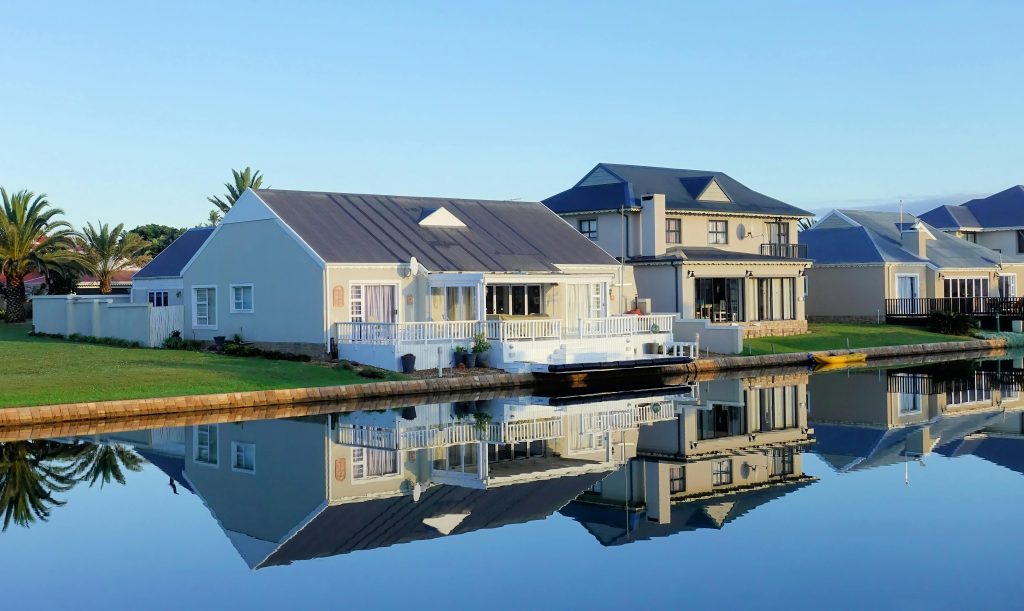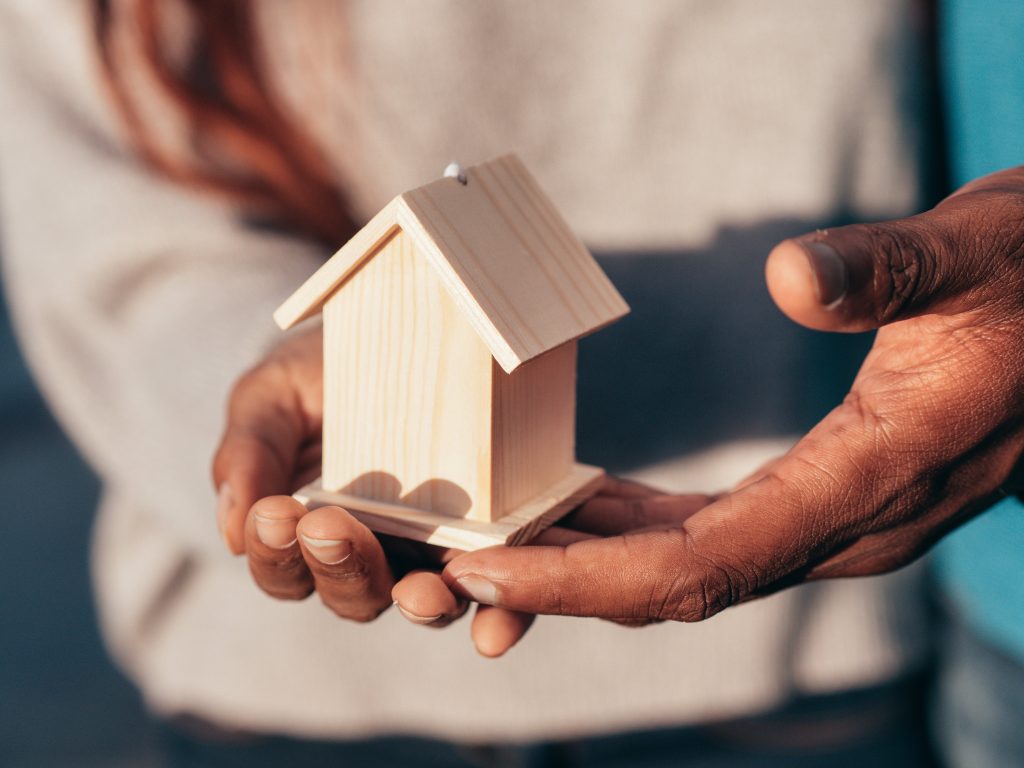Introduction
Purchasing a home is one of the biggest financial decisions of our lives. It’s a dream that many of us strive to achieve, and for some, that dream includes owning a second home. Whether it’s a vacation home, an investment property, or a retirement home, a second home can provide a sense of accomplishment and stability. However, the process of getting a mortgage on a second home can seem daunting and confusing. In this blog post, we will demystify the steps of obtaining a mortgage on a second home and provide you with the necessary information to make the process smoother and stress-free.
1. Understand Your Finances
The first step to getting a mortgage on a second home is to understand your financial situation. As with any other major purchase, you need to have your finances in order before approaching a lender. Consider your income, credit score, and debt-to-income ratio. Lenders will use this information to determine whether you are eligible for a loan and what interest rate they can offer you.
Keep in mind that getting a mortgage on a second home usually requires a higher credit score compared to a primary residence. The reason is that lenders consider a second home as a riskier investment, as it may not be your primary residence, and you may have to prioritize payments on your primary home in case of financial difficulties. Therefore, it’s important to improve your credit score before applying for a mortgage.
2. Know the Different Types of Second Homes
It’s crucial to understand the different types of second homes as they can affect the mortgage process. The most common types of second homes are vacation homes, investment properties, and retirement homes.
If you’re looking to buy a vacation home, you will most likely use it for personal use, and it will not generate any income. On the other hand, an investment property is purchased with the intent of generating an income through renting it out. Lastly, a retirement home is a property that you plan to live in after retirement. Knowing the type of second home you want will help you determine the type of mortgage that best fits your needs.
3. Consider Your Down Payment Options
The down payment for a second home is usually higher than a primary residence. Most lenders require a down payment between 10% to 20% of the property’s purchase price. However, this may vary depending on your financial situation and the type of second home.
One option to reduce the down payment is to opt for mortgage insurance. Mortgage insurance protects lenders in case of default and allows borrowers to put down a lower down payment. However, keep in mind that mortgage insurance will add an additional cost to your monthly mortgage payments.
4. Shop Around for Lenders and Compare Rates
Don’t settle for the first lender you come across. It’s essential to shop around and compare rates from different lenders to get the best deal. You can approach traditional banks, credit unions, online lenders, and mortgage brokers.
Keep in mind that the interest rates for a second home mortgage may be slightly higher compared to a primary residence. Additionally, some lenders may have specific requirements for second home mortgages, such as a higher credit score or a lower debt-to-income ratio. Comparing rates and terms from different lenders will help you find the best option that fits your financial situation.
5. Prepare Documentation
When applying for a mortgage on a second home, expect to provide the same documentation as when purchasing a primary residence. This includes documents such as tax returns, pay stubs, bank statements, and any other relevant financial information. Lenders will also require you to provide documents related to the property, such as a purchase agreement or listing.
As a second home may be in a different state or location from your primary residence, some lenders may require additional documentation, such as proof of rental income if you’re buying an investment property. It’s crucial to understand the lender’s requirements beforehand to avoid any delays in the mortgage process.
6. Be Prepared for a Lengthy Process
Obtaining a mortgage on a second home is not a quick process. It may take longer compared to a primary residence due to the additional documentation and requirements from lenders. Be patient and prepared for a lengthy process, and don’t hesitate to ask your lender for updates and any questions you may have.
7. Have a Plan for Maintenance and Expenses
Owning a second home comes with additional expenses, such as maintenance, property taxes, and possibly homeowner association fees. It’s important to have a plan in place for these costs, especially if you’re buying an investment property as it may not always generate income.
Before purchasing a second home, make sure you have enough reserves to cover these expenses. Your lender will also consider these expenses when determining your eligibility for a mortgage.
Conclusion
In conclusion, getting a mortgage on a second home may seem intimidating, but with the right preparation and knowledge, it can be a smooth and straightforward process. Understanding your finances, knowing the types of second homes, shopping around for lenders, and preparing documentation are all crucial steps in achieving your dream of owning a second home. By following these tips, you can make the process of obtaining a mortgage on a second home hassle-free and start enjoying the benefits of having a second home.


